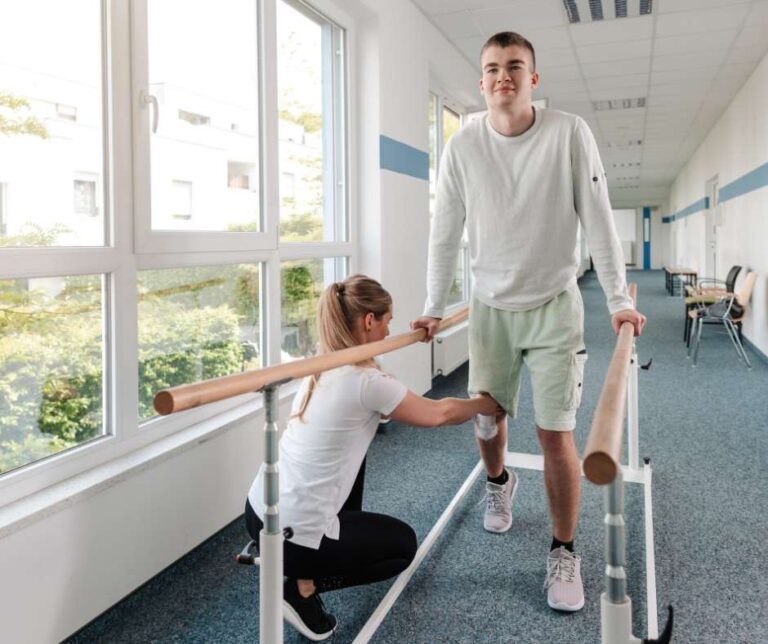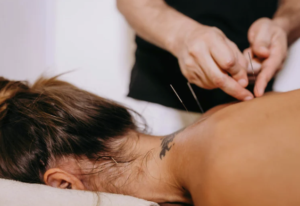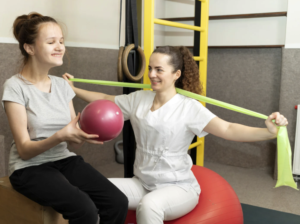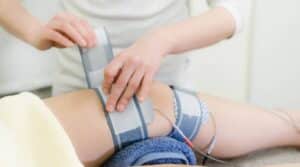Living with a neurological condition can make everyday movement a challenge. For both children and adults, these challenges might involve difficulty walking, balancing, performing daily tasks, or participating in community activities. But movement is something we can work toward, one step at a time.
At Crawl Walk Jump Run Therapy Clinic, physical therapy is a cornerstone of our care for individuals with neurological conditions. From strengthening muscles to retraining the brain through neuroplasticity, our therapists help clients work toward independence, confidence, and a better quality of life.
Here are five neurological diagnoses where physical therapy plays a transformative role:
1. Cerebral Palsy (CP)
Who it affects: Primarily children, but physical therapy continues to provide benefits into adulthood.
What it is: Cerebral palsy is a group of neurological disorders that affect movement, muscle tone, and posture. It’s typically caused by damage to the developing brain before or during birth.
How PT helps:
- Improves gross motor function like sitting, crawling, standing, and walking
- Strengthens weak muscle groups while managing muscle tightness or spasticity
- Promotes proper joint alignment and reduces risk of contractures
- Trains in the use of adaptive devices like walkers, gait trainers, or orthotics
- Encourages participation in age-appropriate activities to support social and physical development
Children with CP benefit most from early and consistent physical therapy, but adults can maintain mobility and reduce pain with continued support.
2. Stroke (Cerebrovascular Accident – CVA)
Who it affects: Most commonly adults, although pediatric strokes can occur.
What it is: A stroke happens when blood flow to a part of the brain is interrupted, resulting in loss of oxygen and potential brain damage. This can lead to weakness or paralysis, often on one side of the body.
How PT helps:
- Promotes motor recovery using principles of neuroplasticity (the brain’s ability to reorganize and form new connections)
- Improves strength and mobility on affected side(s)
- Retrains balance and coordination to prevent falls
- Uses gait training and assistive technologies to restore walking
- Focuses on functional independence for daily tasks like dressing, bathing, or moving between surfaces
Stroke survivors often face long recovery paths. Physical therapy can be the key to regaining mobility and reducing the risk of future complications.
3. Traumatic Brain Injury (TBI)
Who it affects: People of all ages, especially children, teens, and adults involved in accidents, sports injuries, or falls.
What it is: A TBI occurs when a sudden trauma causes damage to the brain, which can result in physical, cognitive, and emotional challenges.
How PT helps:
- Restores mobility, flexibility, and strength through functional exercises
- Manages vestibular symptoms like dizziness, vertigo, or balance deficits
- Addresses coordination and body awareness for safer movement
- Builds tolerance for activity and helps manage fatigue
- Encourages return to school, work, or daily life with modifications as needed
Recovery from a brain injury is about adapting, rebuilding routines, and finding new ways to engage with the world.
4. Multiple Sclerosis (MS)
Who it affects: Usually young to middle-aged adults, though children can also be diagnosed.
What it is: MS is a progressive autoimmune condition that affects the central nervous system, causing communication issues between the brain and the rest of the body.
How PT helps:
- Teaches energy conservation strategies and pacing techniques
- Improves muscle strength and delays physical decline
- Reduces fall risk through balance and stability training
- Manages spasticity and muscle stiffness
- Educates on adaptive equipment like canes, braces, or wheelchairs to maintain independence
Although there’s no cure for MS, physical therapy offers a way to preserve mobility, reduce pain, and stay active for as long as possible.
5. Spina Bifida
Who it affects: Typically children, as it’s a congenital condition present at birth.
What it is: Spina bifida occurs when the spinal cord doesn’t develop properly in utero. Depending on the severity, it can lead to varying levels of paralysis and mobility challenges.
How PT helps:
- Promotes muscle development in the arms, legs, and core
- Enhances mobility using braces, walkers, or wheelchairs
- Improves posture and reduces risk of secondary issues like pressure sores or joint contractures
- Encourages independence through training in transfers and daily activities
- Fosters participation in play, recreation, and school environments
With the right support, many children with spina bifida can achieve remarkable levels of independence and confidence.
Why Early and Consistent Physical Therapy Matters
Whether a neurological diagnosis is new or lifelong, early and consistent intervention with physical therapy is crucial. Therapy doesn’t just address current challenges, but prevents complications, builds self-confidence, and equips individuals with lifelong tools for independence.
At Crawl Walk Jump Run Therapy Clinic, we take a personalized, whole-person approach to every treatment plan. We collaborate with families, caregivers, physicians, and other therapy disciplines to ensure care is integrated and impactful.
Ready to Take the Next Step?
If you or your loved one has a neurological condition, you don’t have to navigate it alone. Our team is here to guide you through the journey with expertise, empathy, and evidence-based care.
Contact us today to schedule a consultation or learn more about how physical therapy can improve mobility, reduce discomfort, and support a more independent life. Visit our website or call (586) 576-9832 to get started.




